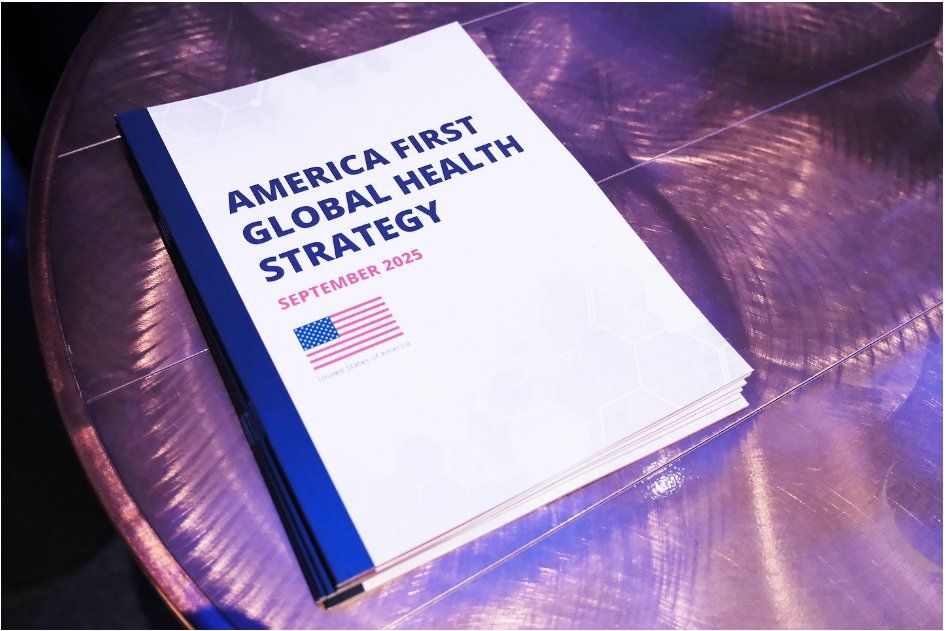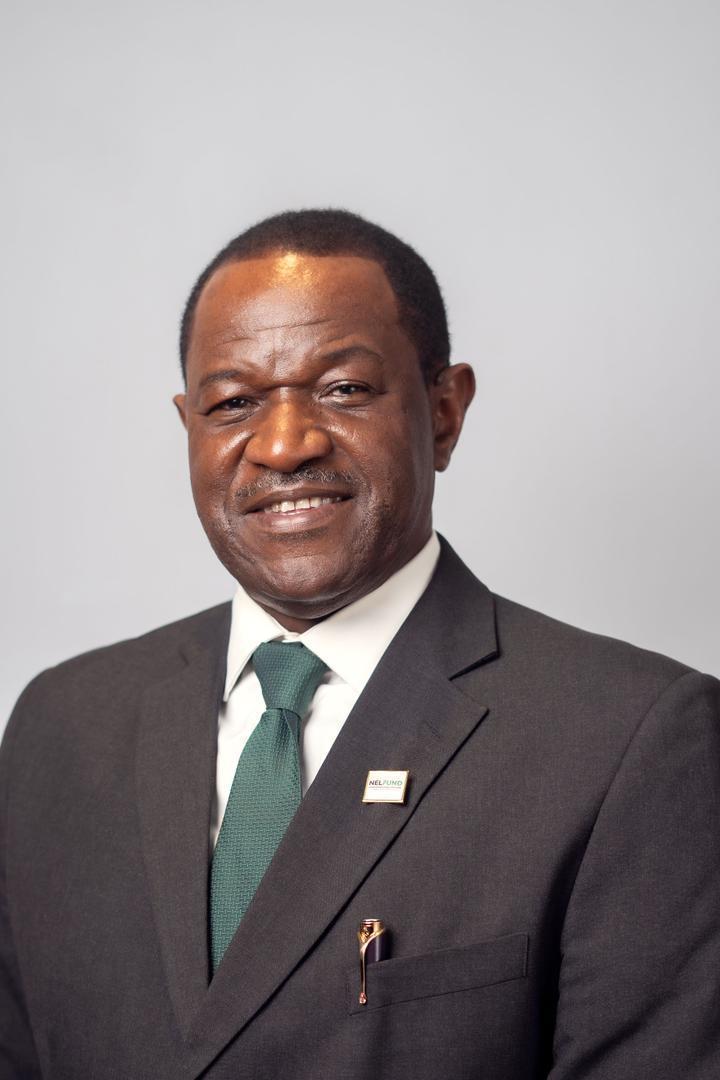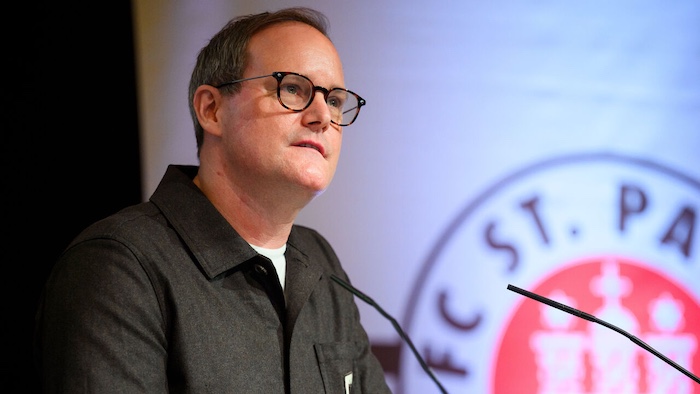
Health analysts in the United States have warned that the new ‘America First Global Health Strategy’ could undermine fragile health systems worldwide, despite Washington presenting it as a major reform to streamline aid and build domestic capacity in partner countries.
The policy marks a sharp break from decades of U.S. global health engagement. Instead of sending funds through multilateral agencies and international partners, future assistance will be delivered through direct one-on-one agreements with recipient governments, with the long-term aim of reducing US spending as countries expand their own health budgets.
Bilateral compacts with nations receiving the largest share of U.S. health aid are expected to be finalised by December 31. Officials say negotiations are already in progress. As part of the rollout, Washington also announced up to $150 million for a U.S. drone firm to distribute medical supplies, including blood and essential drugs, in five African countries.
Supporters argue that the strategy will eliminate duplication and reduce administrative costs. However, experts caution that the services being trimmed, such as training, logistics, sanitation, monitoring and programme management, are often crucial for running effective health systems.
They warn that many governments may struggle to reach remote and vulnerable communities previously served by NGOs and private providers. While the framework could support long-term sustainability for wealthier countries, analysts say it may be difficult to implement in poorer or unstable nations already hit by recent aid cuts.



